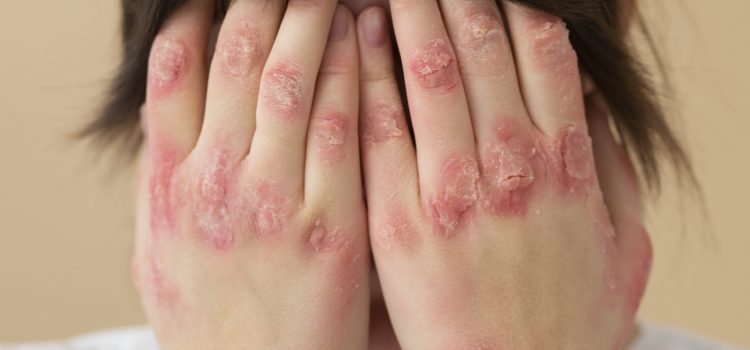
I am here to help you write an article about when to worry about your child’s chickenpox. While chickenpox is a common childhood illness that is usually mild, there are some signs and complications that parents should watch out for. Here are some important things to keep in mind.
Symptoms of Chickenpox
Chickenpox typically begins with a fever, headache, and a general feeling of discomfort or malaise. A rash of small, red bumps then appears on the skin, which quickly become fluid-filled blisters. The rash usually starts on the face, chest, and back, and spreads to the rest of the body. The blisters eventually crust over and scab, and then heal over the course of several days to weeks.
Complications of Chickenpox
While chickenpox is usually a mild illness, it can lead to complications in some cases. Complications of chickenpox include:
- Dehydration: Chickenpox can cause a fever, which can lead to dehydration if your child does not drink enough fluids.
- Secondary bacterial infections: Scratching the blisters can cause them to become infected with bacteria, leading to a secondary bacterial infection.
- Pneumonia: In some cases, chickenpox can lead to pneumonia, which is an infection of the lungs.
- Encephalitis: Rarely, chickenpox can lead to encephalitis, which is inflammation of the brain.
- Reye’s syndrome: Reye’s syndrome is a rare but serious condition that can occur when a child with chickenpox is given aspirin.
When to Worry
While most children with chickenpox recover without any problems, there are some signs that parents should watch out for. You should seek medical attention if your child:
- Develops a fever higher than 102°F (38.9°C)
- Has difficulty breathing
- Develops a severe cough
- Experiences severe headache, dizziness, or confusion
- Has a stiff neck or difficulty moving limbs
- Develops a rash that spreads to the eyes, mouth, or genitals
- Has blisters that become infected with pus
- Appears to be dehydrated, with decreased urine output, dry mouth, or lethargy.
Preventing Chickenpox
The best way to prevent chickenpox is through vaccination. The chickenpox vaccine is a safe and effective way to prevent the illness. The vaccine is recommended for all children and adults who have not had chickenpox. It is usually given in two doses, with the first dose given at 12-15 months of age, and the second dose given at 4-6 years of age.
Good hygiene practices can also help prevent the spread of chickenpox. Make sure your child washes their hands regularly, avoids sharing utensils or drinking glasses with others, and covers their mouth and nose when they cough or sneeze.
In conclusion, chickenpox is usually a mild childhood illness, but parents should watch out for certain signs and complications. Seek medical attention if your child develops a fever higher than 102°F, difficulty breathing, a severe cough, severe headache or confusion, a stiff neck or difficulty moving limbs, a rash that spreads to the eyes, mouth or genitals, infected blisters, or signs of dehydration. The best way to prevent chickenpox is through vaccination, and good hygiene practices can also help prevent the spread of the virus.










